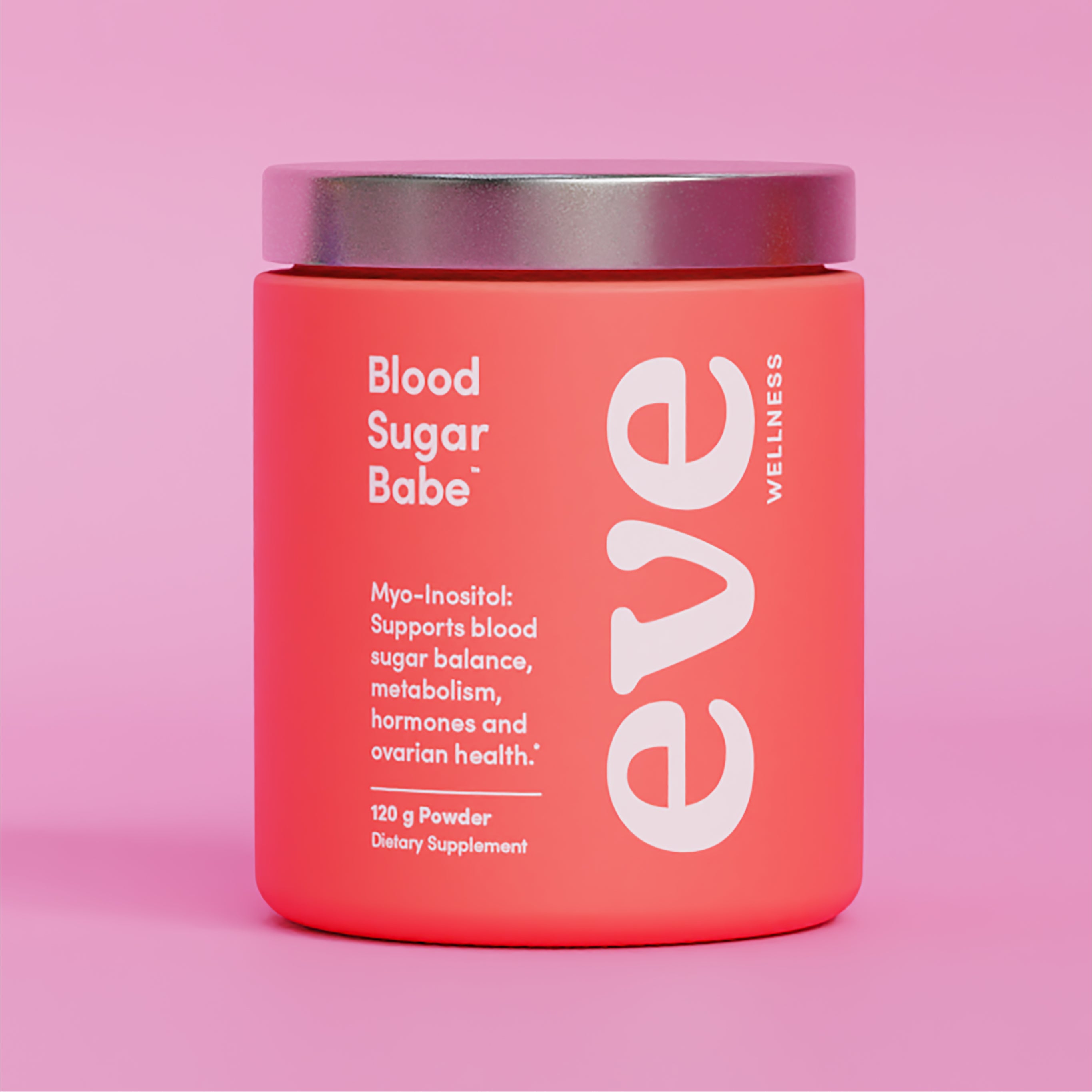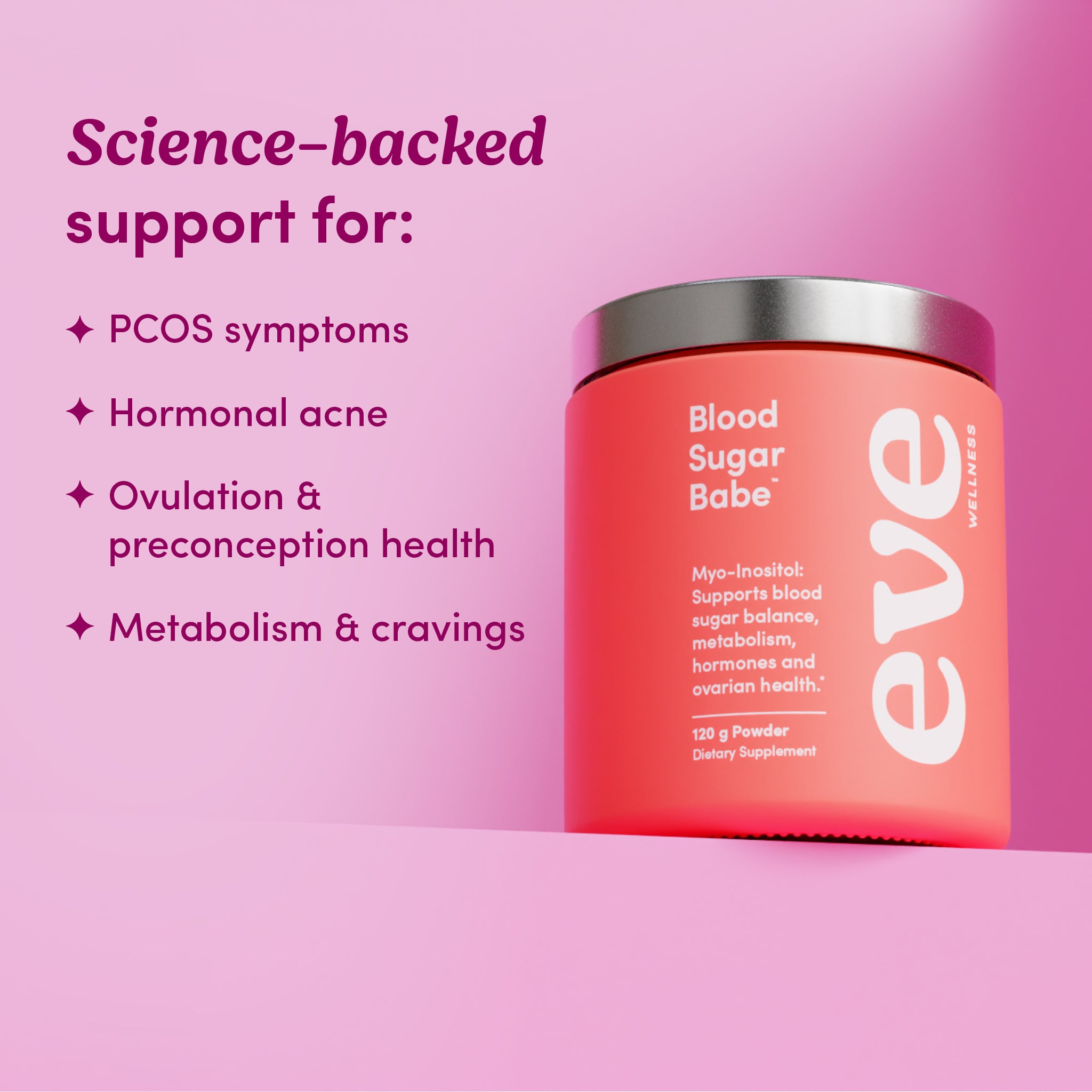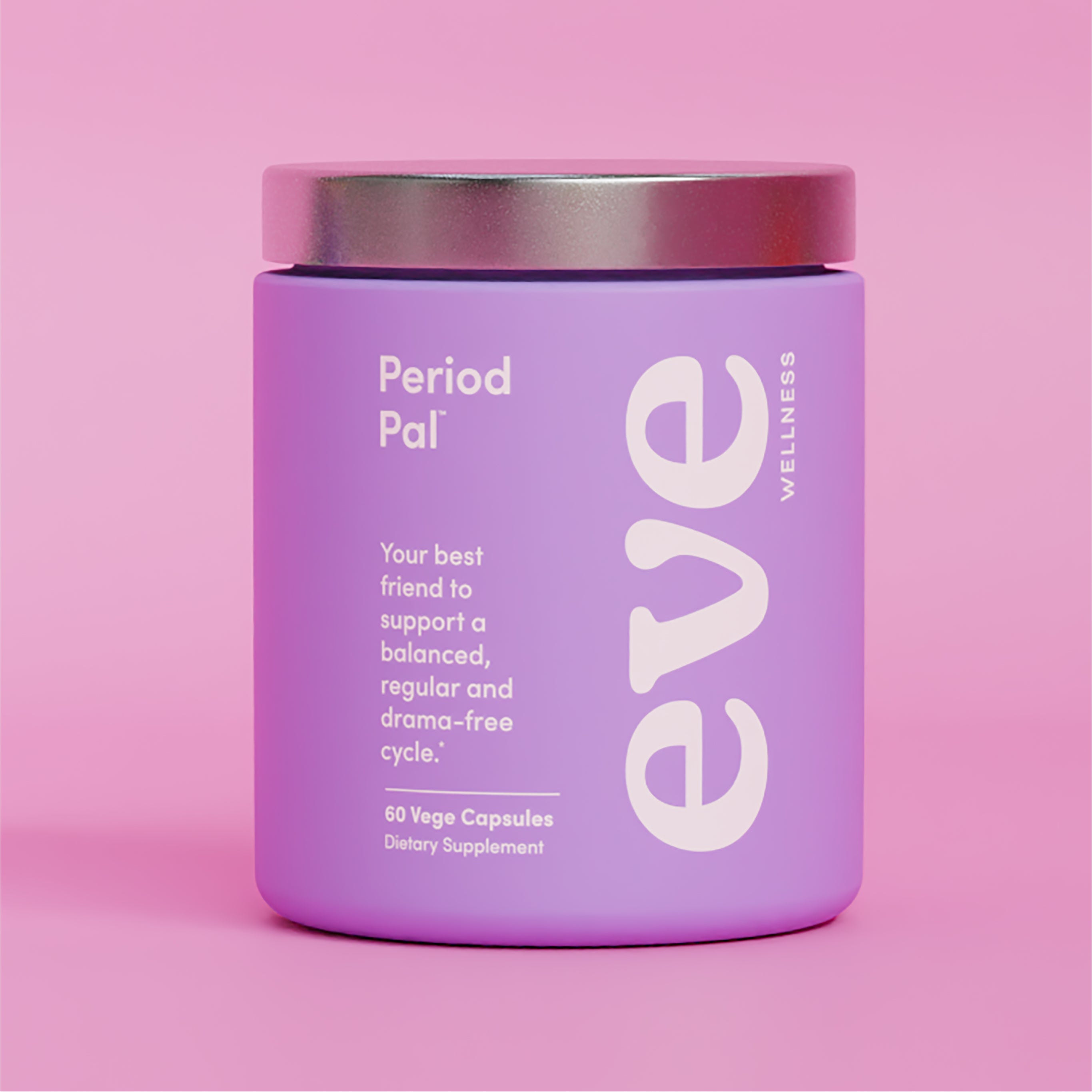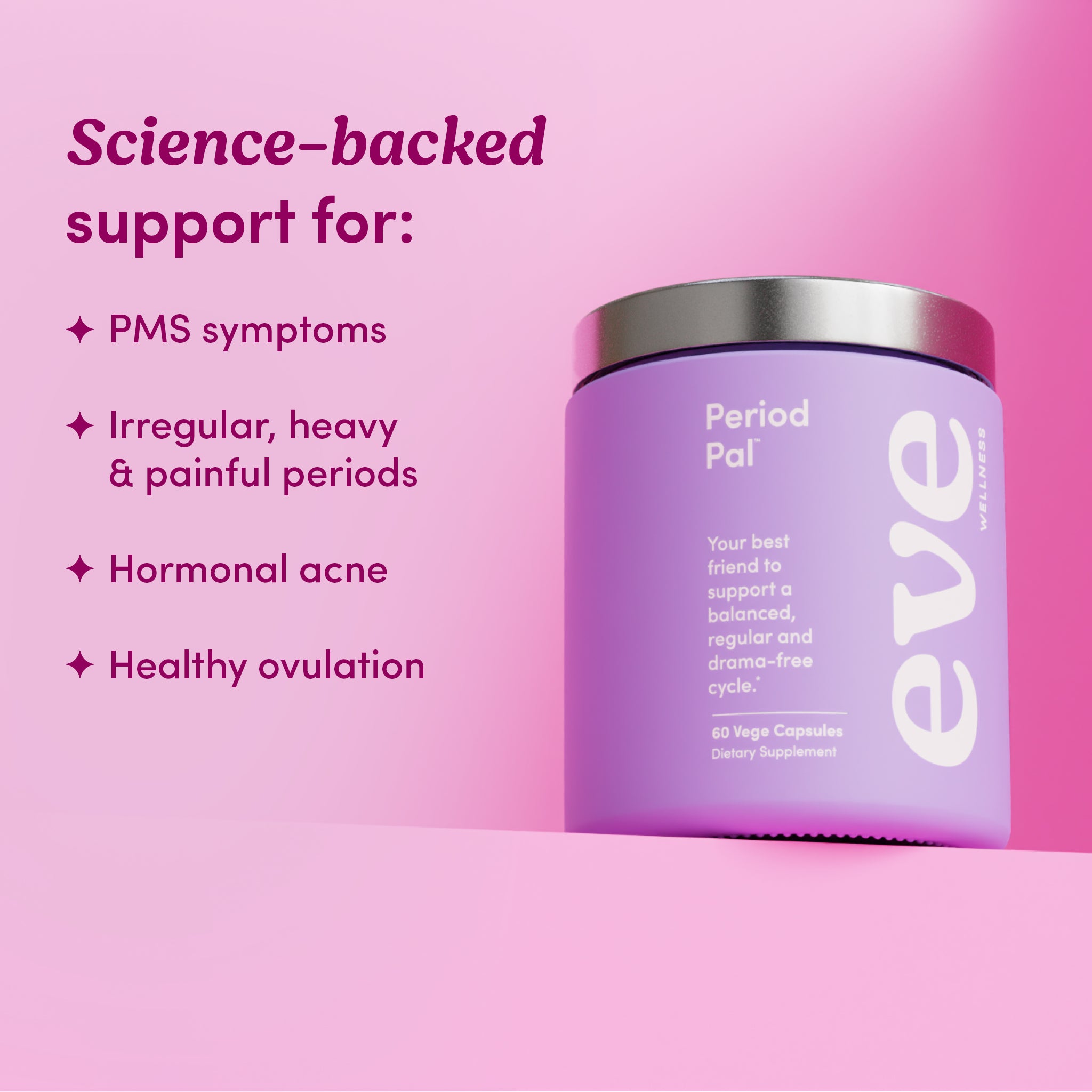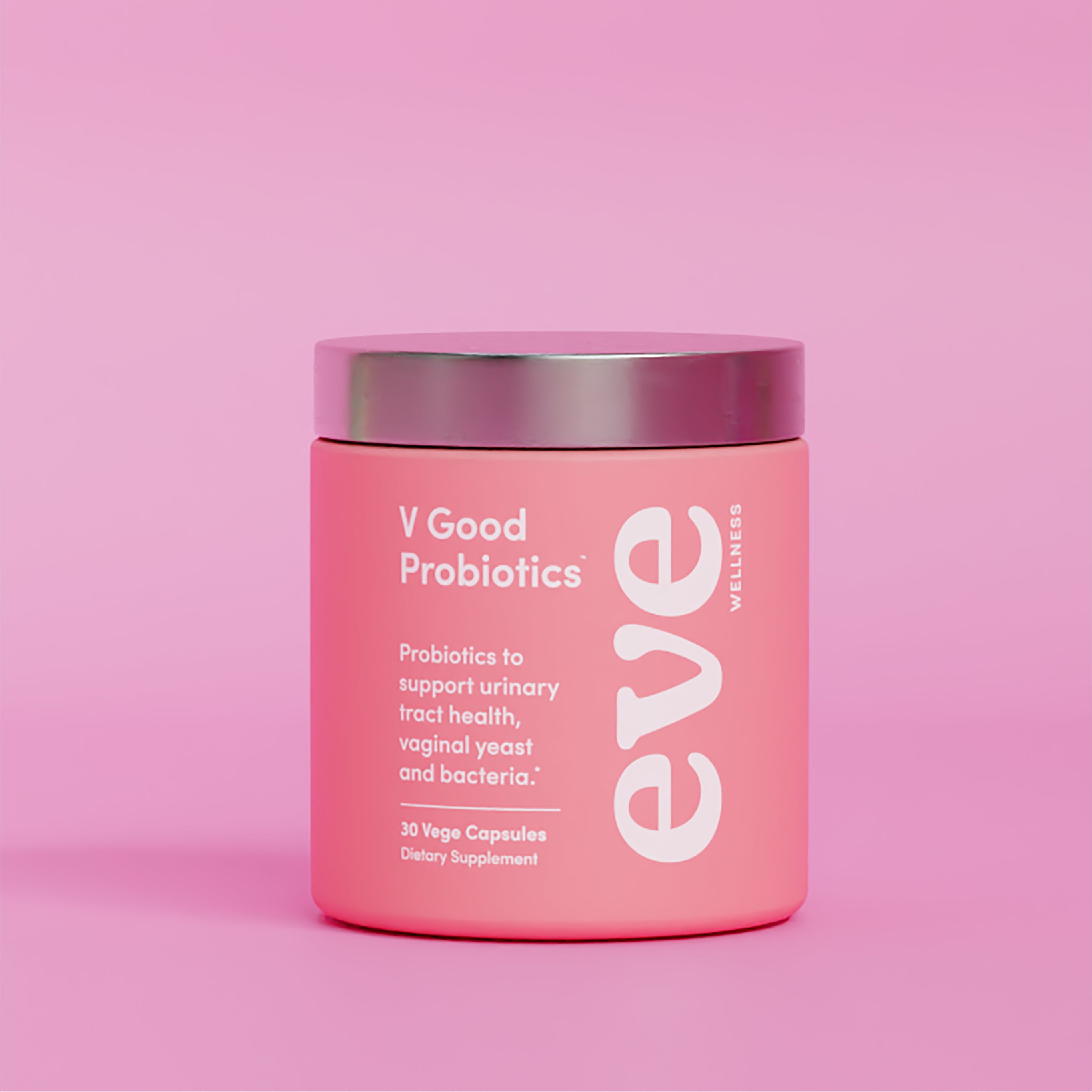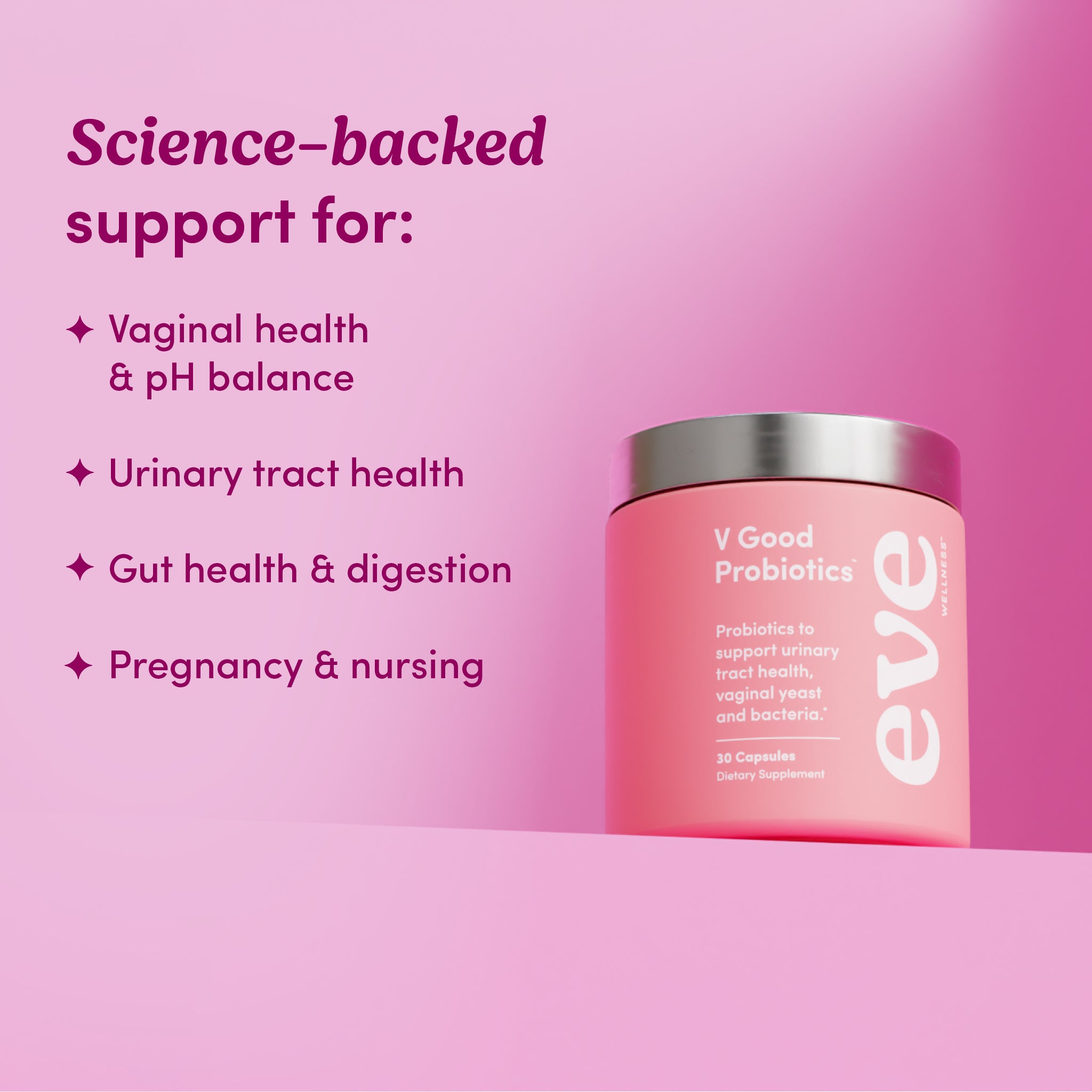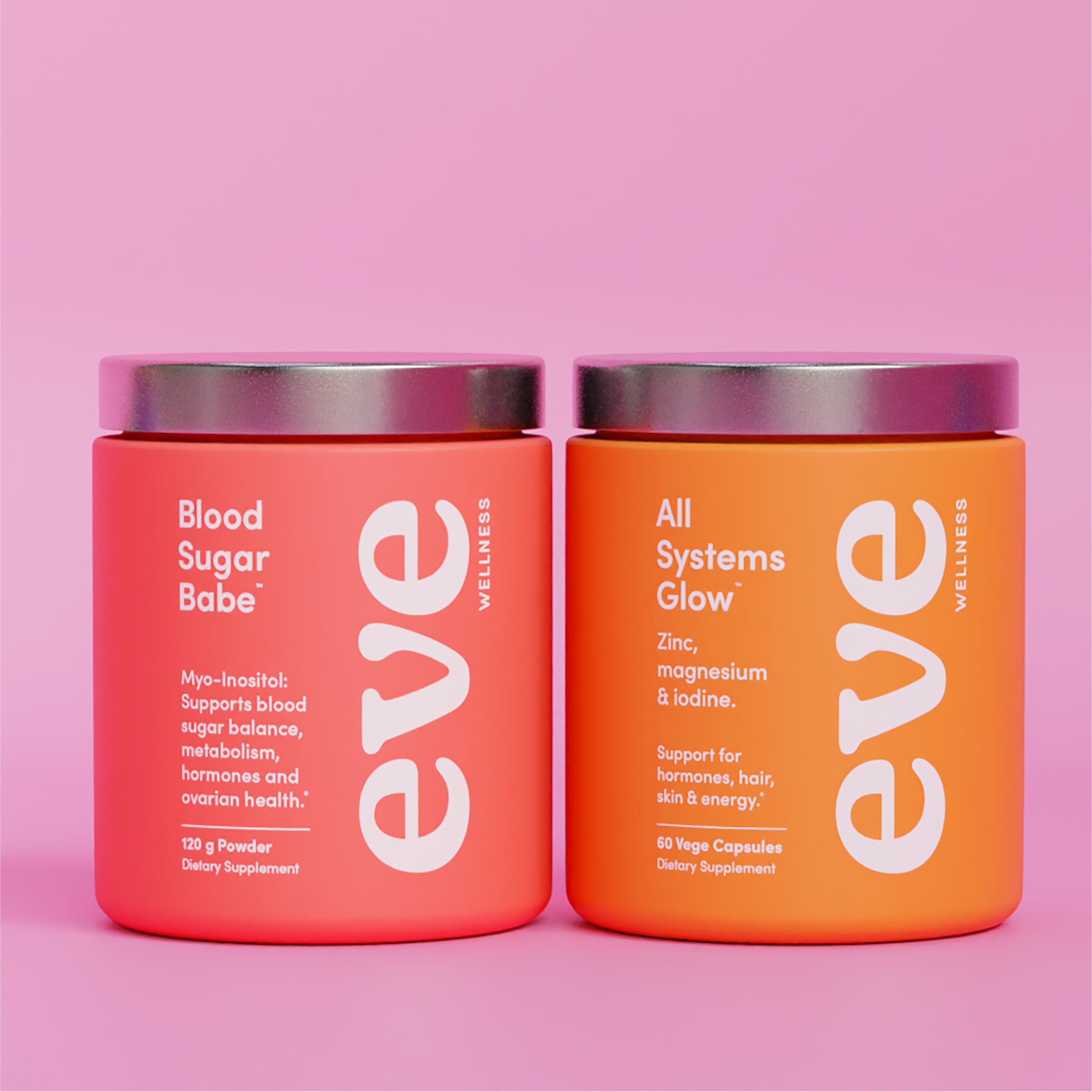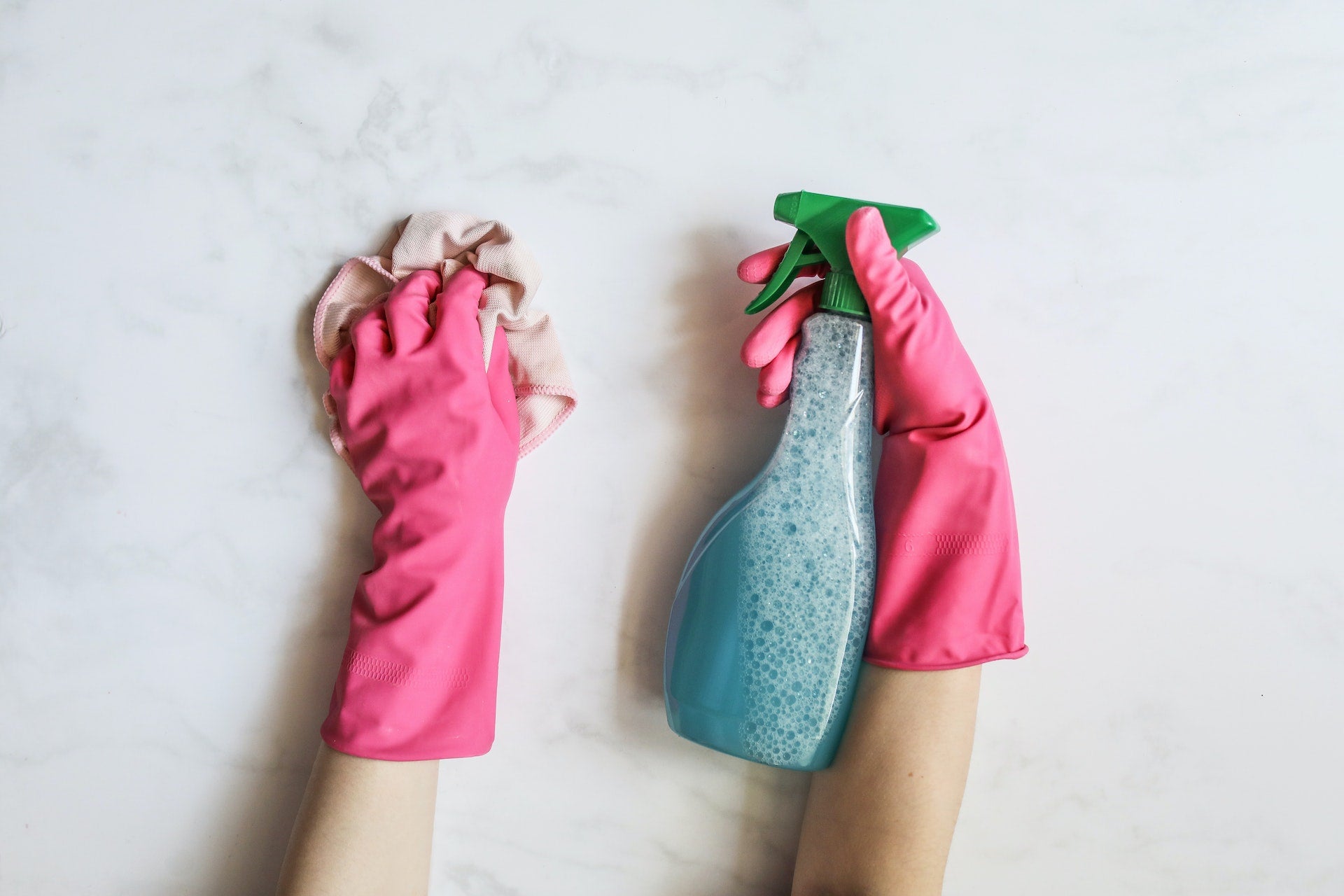Synthetic substances and toxins are everywhere. If you live any kind of modern life, it’s pretty much impossible to avoid all forms of these chemicals which like to meddle with our hormones.
However, while some toxin exposure is inevitable, there is still plenty we can do to minimise the amount of chemicals we breathe, ingest and absorb on a daily basis.
Let us explain.
WHAT THE HECK ARE ‘XENOESTROGENS?
While it might sound a bit like a heavy metal rock band - xenoestrogens is the name given to a type of sneaky chemicals in our environment that aren’t oestrogen, but are close enough in molecular structure that they can bind to oestrogen receptors and mimic oestrogen in the body.
As you can imagine, adding these foreign oestrogens to our own natural oestrogen can contribute to oestrogen overload and symptoms of hormone imbalance over time.
In women, this can feel like:
- Increased PMS symptoms
- Stubborn weight gain (particularly around the hips, butt and thighs)
- Heavy, painful or irregular periods
- Bloating
- Premenstrual headaches
- Low energy or fatigue (no matter how much sleep you get)
- Tender breasts
- Mood swings, particularly feeling weepy, emotional or irritated.
And in men:
- ‘Man boobs’ (gynecomastia if you want to be fancy)
- Increased body fat in the upper chest and obliques
- Sexual dysfunction and infertility
- Long term associated risk of prostate cancer
- Penis shrinkage. Yup, you read that right.
But don’t freak out, in this blog we’ll explain the key places xenoestrogens hang out in your home and what you can do to ditch them.
1. YOUR KITCHEN CUPBOARDS
As it turns out, plastic isn’t so fantastic—for the environment, or our hormones.
Bisphenol A (BPA) is now one of the most widely produced synthetic chemicals in the world, and is added to most plastics. BPA creates plastic that is shatter-resistant, lightweight, transparent, has high resistance to electricity and heat, and oh yeah, is xenoestrogenic!
To low-tox your kitchen cupboards, clear out:
- Plastic drink bottles (both single use and refillable), even those that say ‘BPA free’ often use an equally toxic substitute - BPS;
- Plastic food wrap;
- Plastic containers;
- Old plastic bags and receipts;
The good news is there are now so many options for glass and stainless steel storage options and food wrap alternatives. We love reusing old jars to store leftovers - coconut yogurt jars are particularly fantastic.
2. YOUR FRUIT AND VEG DRAWER
While you’re in the kitchen, let’s give your fruit and veg drawer a spring clean as well.
Many conventional herbicides and pesticides contain xenoestrogens, which kind of sucks because they’re so good for us in so many other ways and something we definitely don’t want to go without.
Ideally, we’d all grow our own produce, but that’s not super realistic so here are the next best things:
- Buy your ‘Dirty Dozen’ (the 12 most heavily sprayed produce) from an organics store...
- ...Or from your local farmers market (it may not be certified organic, but there’s a good chance it will be a lot closer to it than what’s in the supermarket).
If you can’t buy organic (we get it, it can be pricey!) - give your fruit and veg a bit of a soak to reduce sprays and pesticides. Simply fill your sink with water and add a few tablespoons of apple cider vinegar and let them hang out there for a while before rinsing and storing in the fridge.
These can help to eliminate or at least minimise your exposure to the chemicals sprayed on conventional produce.
3. YOUR BATHROOM CUPBOARD
Your skin absorbs up to a whopping 60-70% of what we put on it—crazy, we know!
This is why using skincare and body care products free from harmful toxins and chemicals is so important. In these products, you’ll want to watch out for a nasty endocrine-disrupting plasticiser known as phthalates, used in skincare products to moisturise and soften the skin.
Two decades of research on this chemical has found strong links to hormone disruption, infertility and potential harm to an unborn baby during pregnancy. Definitely something we want to avoid!
On labels, phthalates often hide behind the terms DEP, DBP, DEHP and ‘fragrance’ - a term often used by cosmetics companies to hide unfriendly ingredients.
Something else worth checking out while you’re in the bathroom is the deodorant and period products you have on hand. Many mainstream tampon brands use odour neutralisers, dyes, pesticides and fragrances - trust us, you don’t want any of these nasties anywhere near your (highly-permeable) vagina wall.
There are some awesome brands out there making period products from 100% certified organic cotton such as Tom Organic and Organic Initiative.
Mainstream deodorants contain synthetic fragrances and aluminium. Opt for a natural one without the nasty’s (that still works). We love Little Mango.
4. YOUR MAKEUP BAG
Just like skincare products, your makeup collection can often host a storm of not-so-friendly chemicals. Lipstick with a side of lead anyone?
The reality is, we know very little about what goes into the products we put on our face, which also happens to be one of the most absorbent areas of the body, (along with the underarms and genitals in case you were wondering).
As far as makeup goes, try to keep your products as clean as possible. Saying goodbye to your old trustys can be pretty emotional, but there is a great range of natural makeup and beauty products on Oh Natural.
5. YOUR LAUNDRY & HOUSEHOLD CLEANING PRODUCTS
What we clean our homes, clothing and bedding with leaves residues of which we end up absorbing and ingesting a small portion of. Dish washing liquid, laundry powder, and surface cleaner, are the three products we come into contact with the most.
Conventional cleaning products are often laced with xenoestrogenic chemicals and fragrances, but the good news is these days there are plenty of other options!
Brands such as Ecostore create household, laundry and personal care products that are free from harmful and unnecessary chemicals and available in supermarkets. For a thrifty tip, you can also use pantry-staple items such as vinegar, baking soda and lemon to clean stubborn dishes and surfaces.
BUT REMEMBER..
Switching out your old faithfuls for more hormone-friendly alternatives isn’t something you need to do all at once! Making small changes over time, replacing beauty and skincare products with natural alternatives as they run out is a great approach. Remember, all of the little things we do add up.
